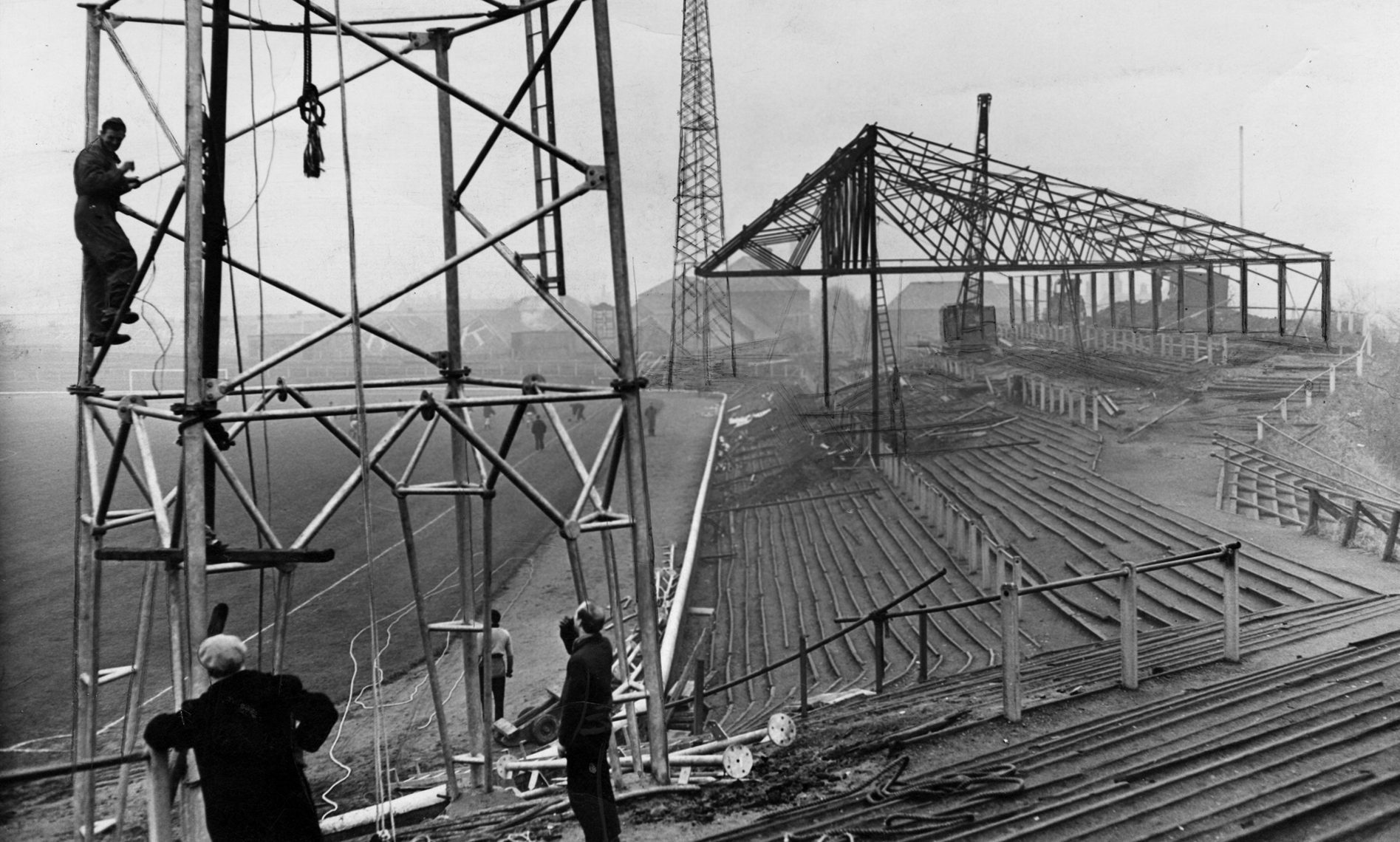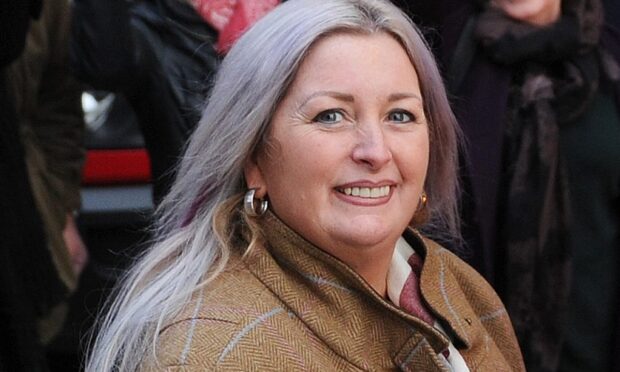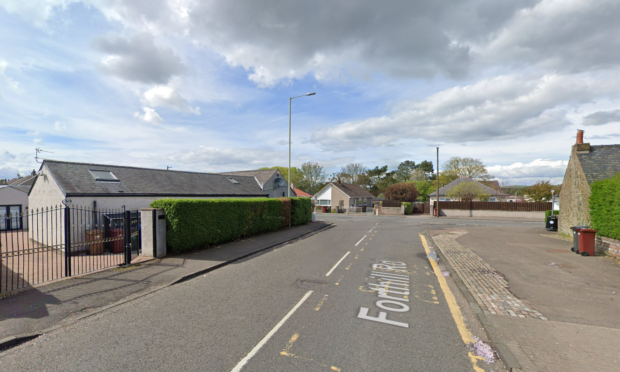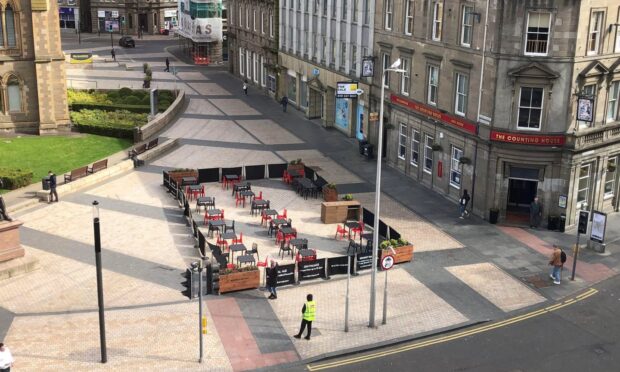Dundee FC are being linked with a possible move away from Dens Park, their home for the last 117 years.
However, such a move would not be a first for the club. Dens Park became home after development of the harbour area forced them to leave their previous ground at Carolina Port.
The Courier has been into the DC Thomson archives to find out how that seismic moment in the club’s history was reported.
Here is confirmation of the move reported on March 17 1899:
DUNDEE’S NEW GROUND
The Executive Committee of the Dundee FC are a hard working lot, and since they entered office in December last they have had anything but an easy time of it.
Be it to their credit therefore that they have done so well. The difficulties they had to face were of no light order, and that they have come through the ordeal so well shows that those who elected them had a considerable foresight as to their business capabilities.
They are nothing if not energetic, and their only regret is that the team is not doing so well as anticipated. Still they are not without hope that ere another season comes round they will be able to place a team on the field which will not only be a credit to the Committee who selected them, but to the team itself.
Not the least formidable of the many obstacles placed in their way was that of ground. No sooner had they taken the reins of office in hand than they were called upon to tackle this all-important question, the Harbour Trustees having intimated their intention of acquiring Carolina Port for other purposes than that of sport. Heavy as the task was, it, like the majority of the other troubles which beset them, has been overcome.
Negotiations have just been concluded with the trustees of the late Mr James Neish for the lease for 10 years of a piece of ground – about five acres – in the North-Eastern of the town. The new park, as was stated in last Wednesday’s Evening Telegraph, is situated at the extreme end of Dens Road, bounded on one side by the Clepington Spinning Company’s works and on the other by Provost Road.
It should prove even more popular than Carolina Port, being decidedly better situated. A large contingent of the sporting public of the city reside in that part, and, once fitted out, the ground will be admirably suited for the carrying on of other sports besides football.
The ground is easily accessible with a tramway car service within a minute’s walk. According to the plans, prepared by Mr Blackadder, provision is made for a cycling track.
Ere this can be accomplished, however, levelling process will have to be carried out, and here, thanks to the efforts of Bailie Robertson, who has the matter in hand, an excellent arrangement has been come to. A local contractor has undertaken to have the work carried out to the Committee’s satisfaction not only free of charge, but promises a sum of money for being allowed to do so, provided he receives the surplus earth.
The length and breadth of the pitch will be similar to that of Carolina Port, while it is fully anticipated that the holding capacity will be equal to if not more than Carolina Port.
Entrance will be had from Dens Road. The present stands at Carolina Port are to be improved upon as well as the dressing accommodation, and everything put in first-rate order. All this means money, and the Committee have a scheme whereby a large sum should be forthcoming.
They have already met with a hearty response to their appeal to the public for subscriptions, the net result of which has not yet been ascertained. Before the new park is properly equipped another considerable sum of money will have to be expended, and with the object of realising this the Committee propose holding a bazaar in September, and have secured the Kinnaird Hall for four days during that month.
Already a large number of handsome articles have been promised. It may be mentioned that it is the intention of the Committee to let the south portion of the ground – that next Dens Road – for working men’s gardens.










